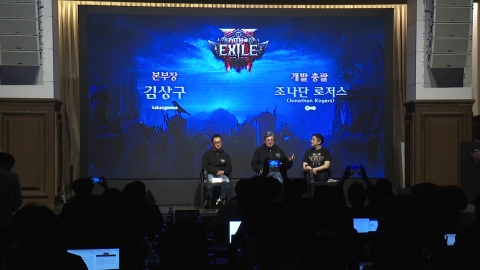The first drug to slow dementia by eliminating the causative agent of 'Lekembi'
There are also concerns about side effects...Some patients suffered cerebral hemorrhage and swelling
European and Australian health authorities still not approved by Reckembi
Among the various causes of dementia, Alzheimer's disease, a degenerative brain disease, accounts for 50-60% of all dementia.
A new drug for Alzheimer's disease will be introduced in Korea for the first time this month.
It is highly anticipated as the first drug to eliminate the causative agent of the disease, but there are also concerns about side effects.
Reporter Kim Joo-young reports.
[Reporter]
Dementia is an inevitable shadow of a super-aged society, with one in 10 elderly people aged 65 or older having dementia last year.
There are related drugs, but they are only at the level of relieving symptoms in the early stages of taking them.
However, for the first time in Korea, a new drug for Alzheimer's disease called Rechemby, which is considered the biggest cause of dementia, will be introduced.
Alzheimer's dementia is known to be caused by the accumulation of abnormal amyloid beta proteins in the brain.
This new drug is the principle of preventing a large amount of this protein mass from accumulating.
Expectations are high as it is the first drug that slows the progress of dementia overall by removing the causative agent.
Studies have also shown that it prevents the accumulation of amyloid beta protein by more than half when actually using drugs.
[Kang Sung-hoon / Professor of Neurology at Korea University Guro Hospital: I can live with my memory maintained and cognitive function maintained for about 6 months. You can look at it like this.]
However, the new drug will be used only for early dementia patients, not all dementia patients.
There are also concerns about side effects.
In foreign countries, some patients with medication suffered cerebral hemorrhage and cerebral edema.
This is why European and Australian health authorities have not approved Reckembi.
[Moon Ji-hee / Executive Director of Reckembi Development Korea: The permission itself actually requires MRI monitoring of the risk of cerebral edema or cerebral hemorrhage. [In the future, we plan to establish such a system that can monitor and manage medicinal herbs of the same family at once.]
Amid conflicting analyses, such as insufficient efficacy except for whites or fewer side effects in Asian countries, attention is being paid to how it will work for domestic patients.
I'm Kim Joo-young of YTN.
※ 'Your report becomes news'
[Kakao Talk] YTN Search and Add Channel
[Phone] 02-398-8585
[Mail] social@ytn.co.kr
[Copyright holder (c) YTN Unauthorized reproduction, redistribution and use of AI data prohibited]









